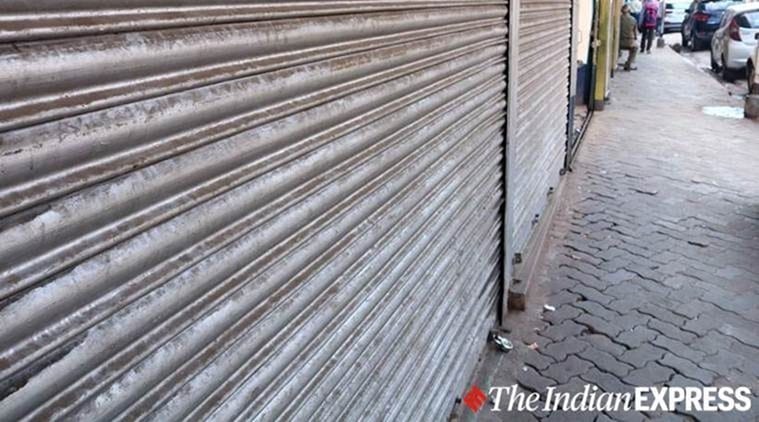 According to a consultant from the National institute of Social Defense, who is a member of the community herself, trans people straddle a unique and debilitating fault line between social vulnerability and economic instability. (Representational)
According to a consultant from the National institute of Social Defense, who is a member of the community herself, trans people straddle a unique and debilitating fault line between social vulnerability and economic instability. (Representational)
Bianca, a 22-year-old transgender woman living in a rented one-room accommodation in Manimajra, says she has drained all her meagre savings to survive through the lockdown.
“We were let go from the call centre I was working at, right before the lockdown. I barely have any savings and no family support to fall back on. They stopped taking my calls long back and they pretend they don’t know me,” said Bianca, who left her home in Bathinda at 16 after years of physical and mental harassment meted out by her family. “I am used to isolation and the traumatic thoughts that plague me every day, but I have no escape,” added Bianca.
The lockdown in the wake of COVID-19 has taken a heavy toll on the lives of most economically vulnerable and socially marginalised groups in the country.
According to a consultant from the National institute of Social Defense, who is a member of the community herself, trans people straddle a unique and debilitating fault line between social vulnerability and economic instability.
“The lockdown has been extremely unforgiving on young transgenders or those who do not stay in deras but live alone. These youngsters can’t even fall back on their family like everyone else because home is an unsafe and traumatic space for them,” said the consultant, on condition of anonymity.
Most members of the community are employed in informal economy and are dependent on daily wages for survival. “Even migrant labourers who are stranded without economic means can at least hope for some alleviation of their problems by reaching home, but even the idea of a safe home does not exist for most members of the community,” she added.
“I don’t have the means to pay my rent and my landlords ask me for the money almost every day. I tell them that I will give it to them when I resume work after the lockdown but they endlessly harass me and even threaten to throw me out,” said Bianca.
The young trans woman had been saving money to go through a sex change operation to transition to the body she believes matches her gender identity, but has now spent all her savings on basic sustenance.
“The Rs 1,500 we had got from the government also I have spent. I have a close relative in Chandigarh, I tried to call her for her help, but she hung up on me,” added Bianca.
The government had transferred a stipend of Rs 1,500 to accounts of all registered members of the trans community to aid them through the lockdown.
However, many young members of the community do not have the documentation to access the stipend. “I don’t even have an identity proof or an Aadhaar card. I ran away from home before I could get those made so I don’t even exist on paper,” said Alisha, a 16-year-old trans woman living in Panchkula. Alisha ran away from her home in Mohali district, two years ago after facing years of physical abuse by her parents and brother. The 16-year-old is now dependent financially on another member of the community, but wishes to be financially independent someday.
After many leaders and prominent trans people received incessant calls from members of the trans community in India, a special helpline for psychological counseling of transgender people was set up by the Ministry of Social Justice and Empowerment in light of the challenges thrown at the community.
“I have been receiving such harrowing calls. Young people, teenagers calling me with suicidal thoughts. They are either completely isolated or locked in with their abusive families,” said Dhananjay Chauhan, a trans activist and members of the Transgender Welfare Board in Chandigarh. According to Chauhan, the mental health of members of the community has worsened due to the isolation.
Dr Chahat Gandotra, who manages the programme to provide tele counselling to transgender people amidst the lockdown, stated that most callers are severely depressed and susceptible to self-harm. “They have no escape, nowhere to go, and no one to share their problems with. Most of them have gone through a lot of trauma, and relive the abuse again and again they tell us,” said Dr Gandotra.